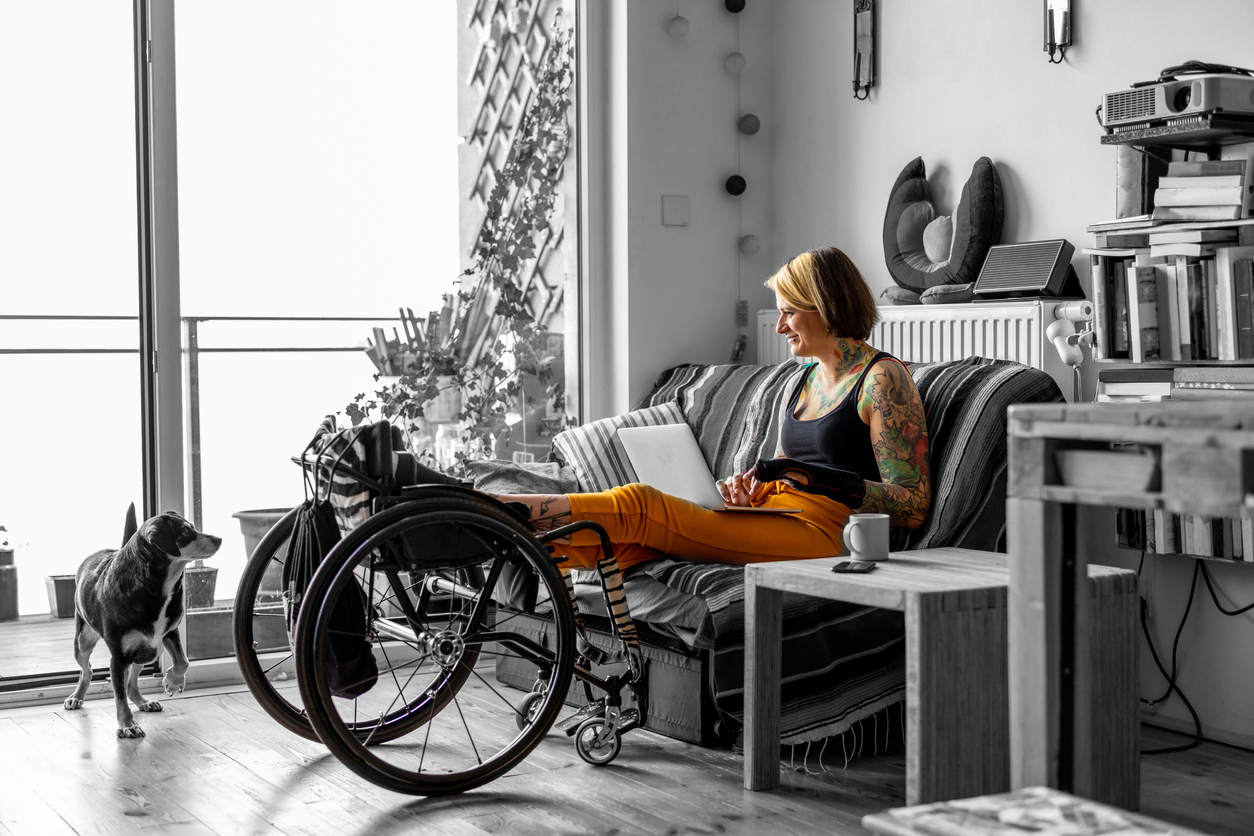
Functional Occupational Therapy...
Functional Rehabilitation
Our specialist rehabilitation therapists are skilled at supporting our clients to increase their independence and participation in activities that they find challenging as a result of an injury, illness or underlying condition.
Everyone is Different
Adults of all ages may require the support of an Occupational Therapist at some point in their life. This is usually as a result of physical, sensory, cognitive or psychological difficulties or impairments. These difficulties may be caused by a lifelong condition that changes over time, a recent injury or illness or due changes in our bodies that take place with age.
They can impact on our ability to do the things we want and need to do in our day to day lives, for example, our personal care, domestic, work or leisure activities. Occupational Therapists can help adults to overcome or manage these challenges in a variety of ways, depending on the individuals’ own circumstances.
In order to ensure we can support adults with a wide range of challenges and needs, we have a team of skilled and experienced Occupational Therapists covering a range of clinical specialisms.
What We Do
Each client’s goals are the focus of the rehabilitation journey. The journey starts with an in-depth assessment to identify the client’s strengths and difficulties, as well as the activities that are important for them to be able to carry out.
Following the assessment, a detailed report is provided which outlines the assessment findings and the therapist’s recommended interventions aimed at supporting the client in achieving their goals.
Interventions may include regular therapy sessions to work on improving the component skills that are required in order to complete specific activities. Sessions can take place within the client’s home or community environments, depending on the skills being targeted.
The therapist may also recommend interventions the client can carry out on their own. These may include participating in a specific hobby or leisure activity, carrying out specific recommended therapeutic exercises or tasks or implementing recommended strategies. Strategies may include fatigue or pain management or compensatory techniques.
Assistive equipment may also be recommended which can support the rehabilitation journey.
During the active intervention phase, progress is continually reviewed against the set goals so adjustments can be made as needed or intervention can cease once the goals are achieved.
Enquire Now...
We would love to find out a bit more about what you are looking for and how we can help. We understand every enquiry is specific and everyone has different needs. Please fill in your details below and our Enquiries Team will contact you to move things onto the next step.


